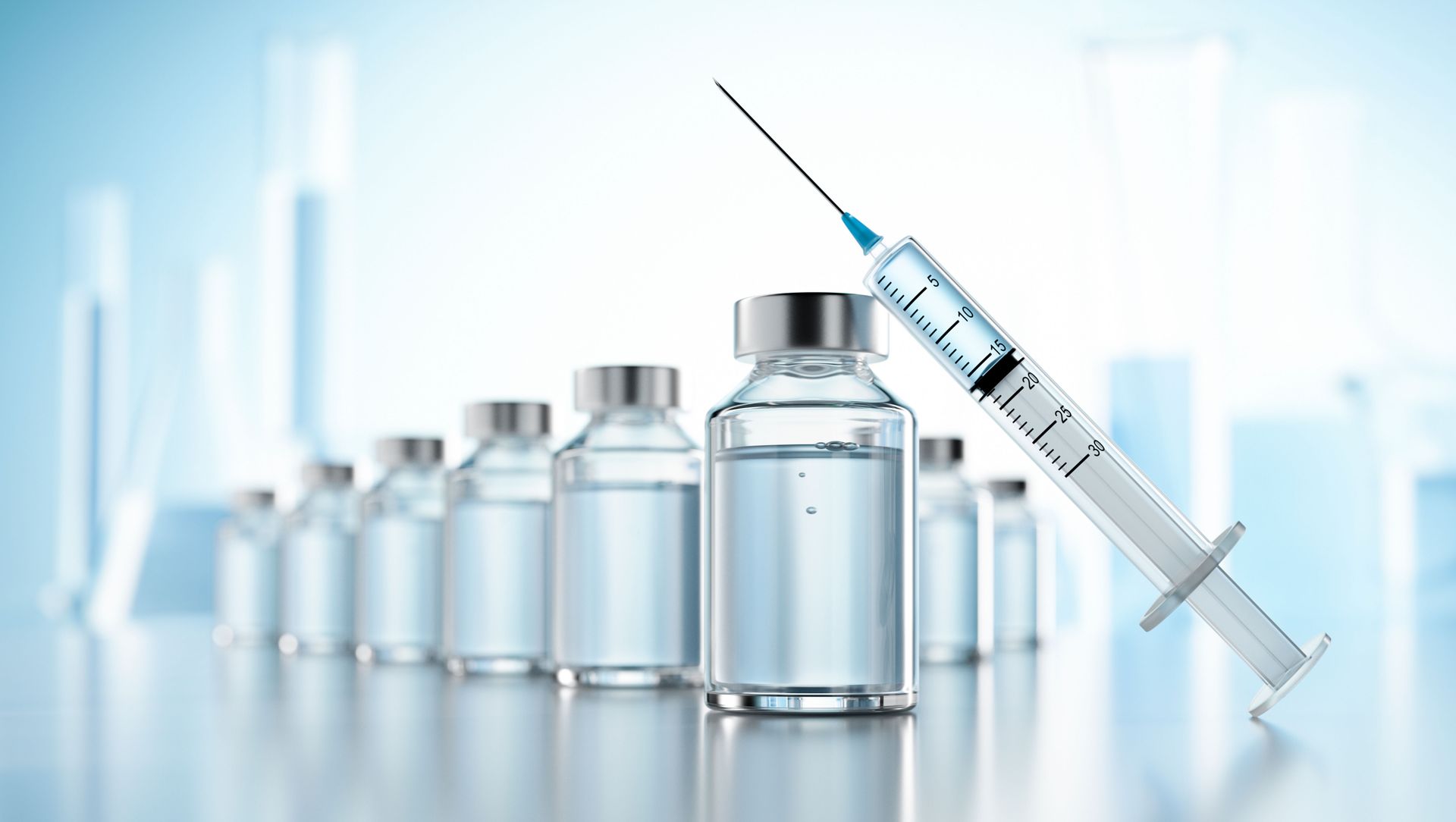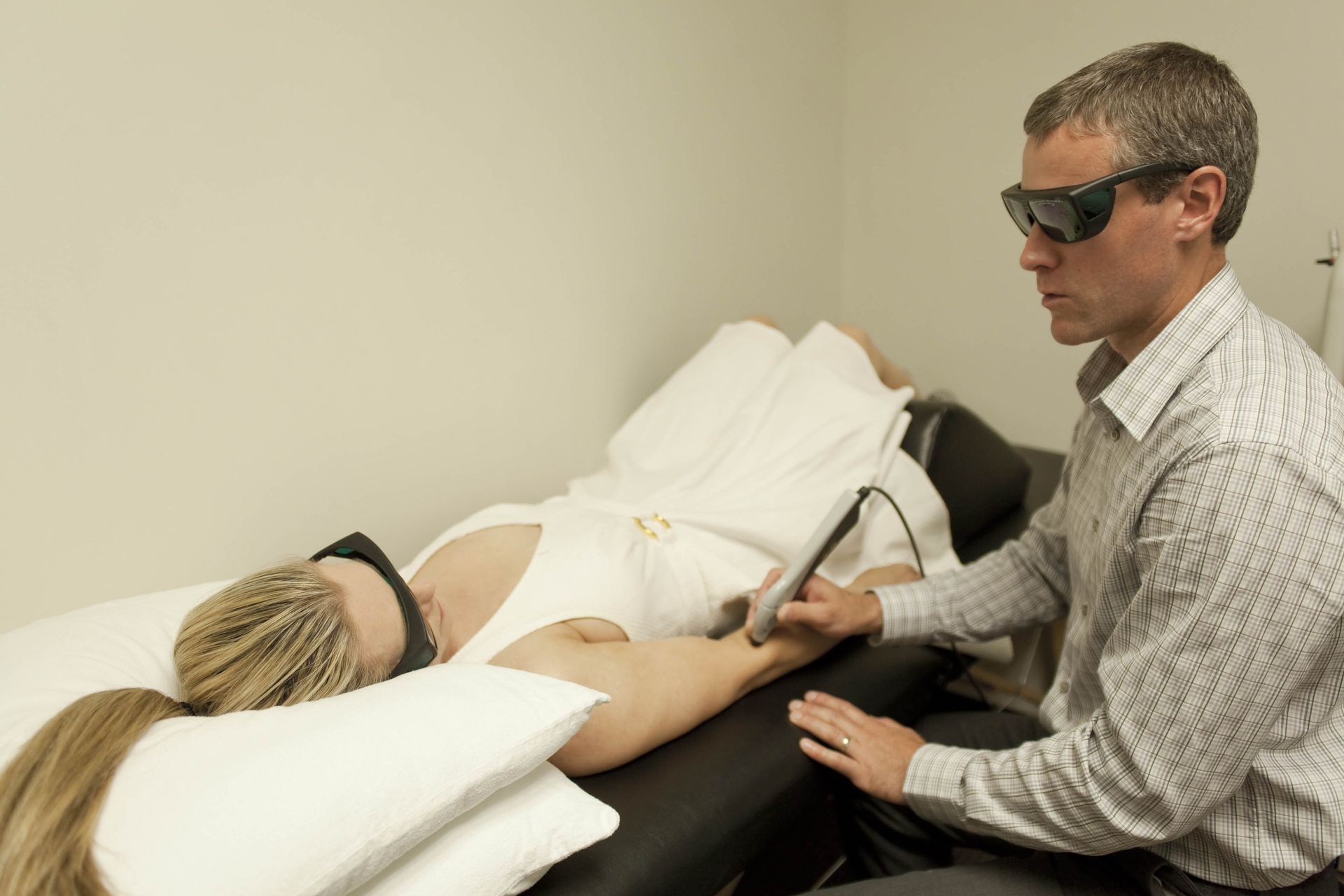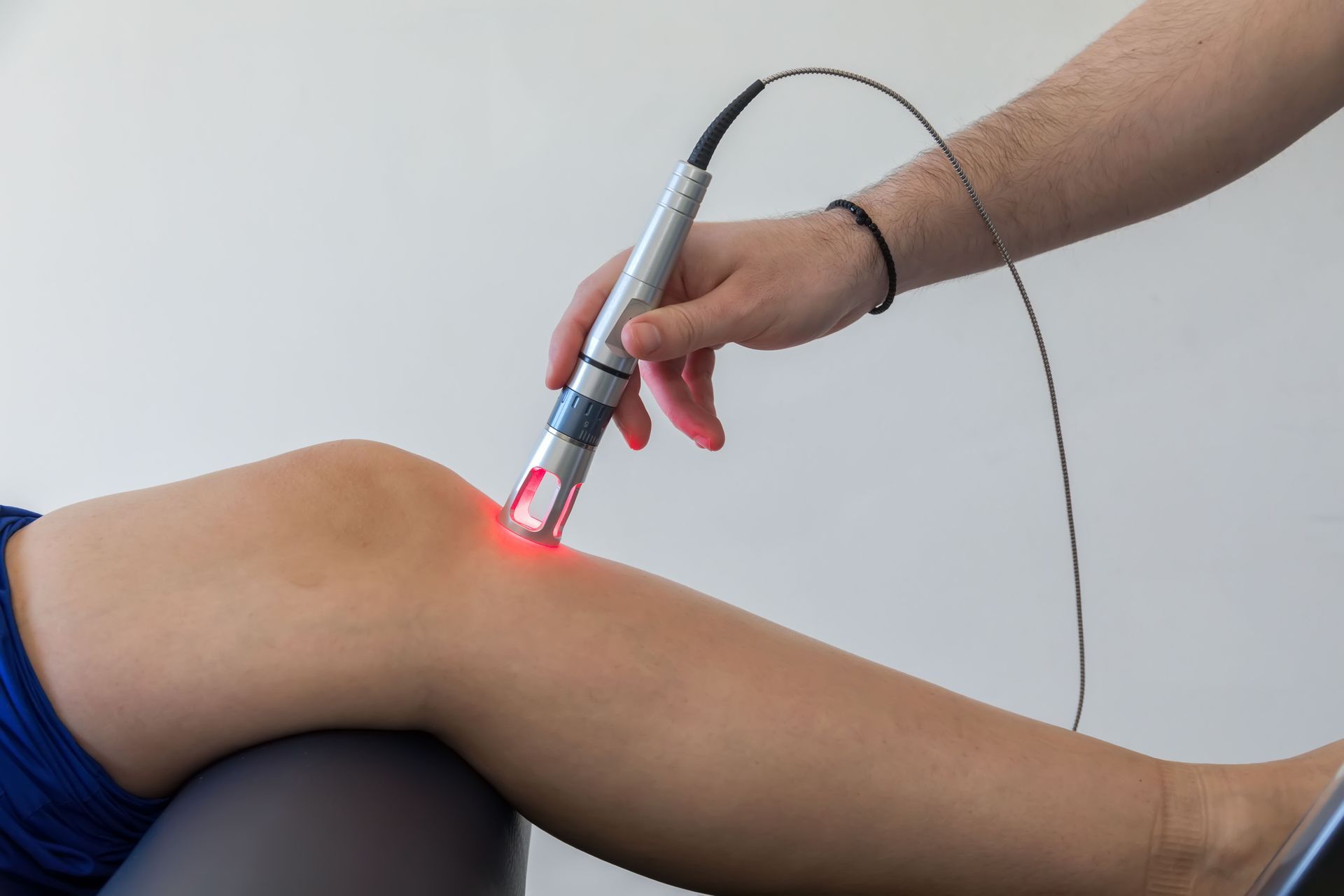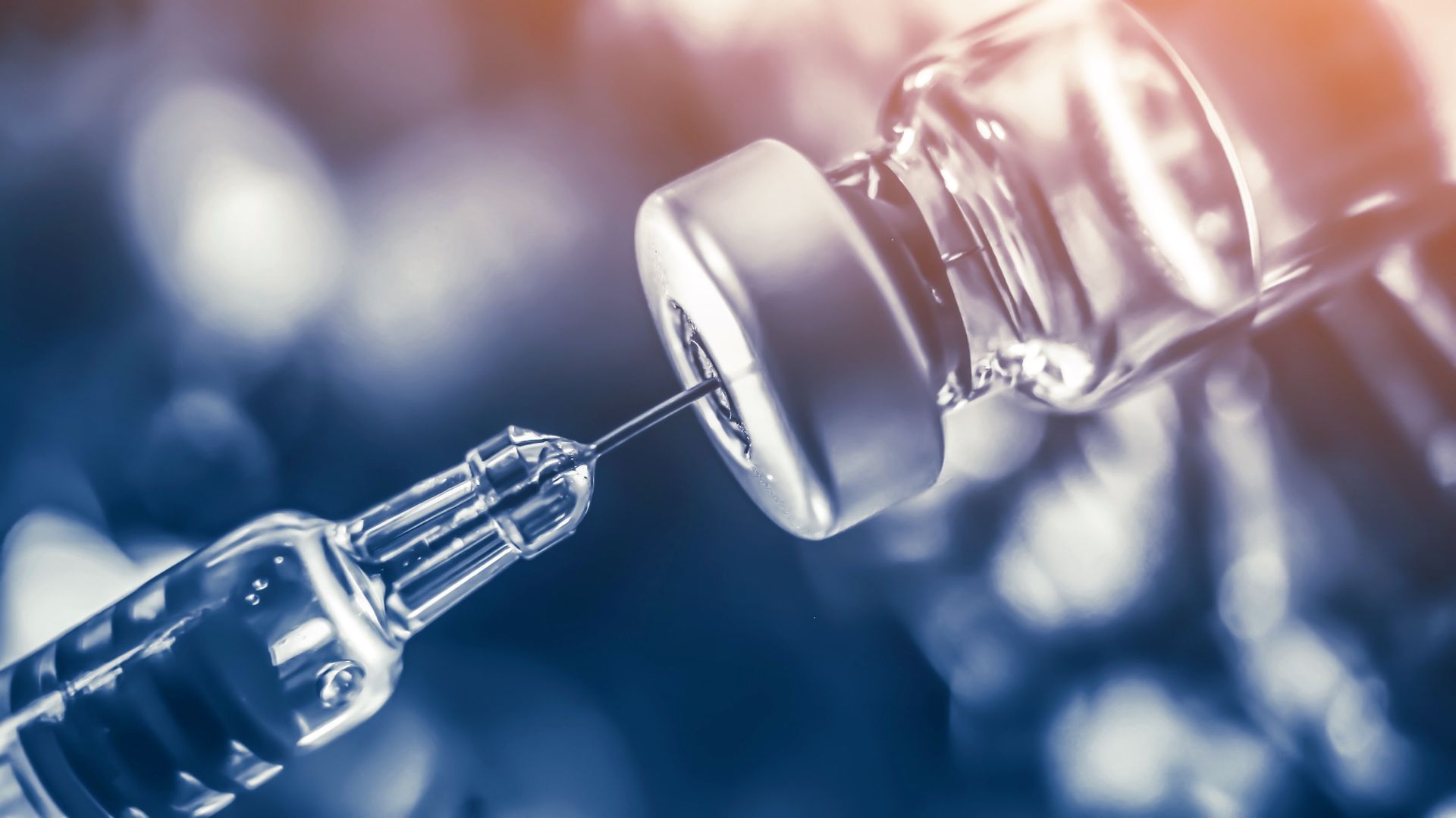Peptide Therapy Support: The Next Frontier in Personalized Wellness
Peptide therapy represents a revolutionary advancement in personalized wellness and healthcare. Peptides, small chains of amino acids, play essential roles in the body’s biological systems and have demonstrated remarkable potential for optimizing health and treating a variety of conditions. By tailoring treatments to an individual’s unique physiology and genetic profile, peptide therapy offers a level of precision and efficacy not typically seen with conventional approaches. Both natural and synthetic peptides have become invaluable in the pursuit of enhanced health, and their growing prominence reflects the increasing recognition of their transformative potential in modern medicine.
Peptides and Their Role in the Body
Peptides are short chains of amino acids that serve as the building blocks of proteins and function as essential signaling molecules in the body. Their lengths can range from just two amino acids to several dozen, which enables them to interact with cellular receptors in highly specific ways. Through these interactions, peptides influence a wide variety of biochemical pathways, from hormone regulation to immune function, metabolism, and brain activity. Their smaller size compared to full-length proteins makes them easier to synthesize in laboratory settings, accelerating the development of therapeutic applications.
In the human body, peptides perform numerous functions that are critical to health. Hormonal peptides, such as insulin, regulate blood sugar levels, while neuropeptides facilitate communication between neurons, affecting cognition, mood, and memory. Other peptides display antimicrobial properties, helping the body combat infections and maintain immune balance. These diverse roles illustrate why peptide therapy has become a focus for addressing conditions ranging from metabolic disorders to cognitive decline, hormonal imbalances, and immune dysfunction.
Natural peptides are produced by the body and maintain homeostasis, contributing to tissue repair, hormonal balance, and cellular communication. Synthetic peptides, engineered in laboratories, replicate or enhance these functions. They can be optimized for stability, specificity, and duration of action, allowing precise targeting of biological pathways and receptors. The development of synthetic peptides has been a major driver of modern peptide therapy, expanding the possibilities for personalized interventions that were previously unattainable with traditional medications.
Types of Peptide Therapies
Growth Hormone Releasing Peptides (GHRPs) stimulate the body’s natural production of growth hormone, supporting muscle maintenance, metabolism, and overall vitality. These peptides are used to manage growth hormone deficiencies, age-related declines in muscle mass, and other anabolic reductions. By encouraging endogenous hormone production, GHRPs offer a safer and less invasive alternative to traditional hormone replacement therapies. Notably, according to the American Journal of Translational Research, a review of 24 clinical trials involving over 5,000 participants found that hormone replacement therapies, including peptide-based approaches, significantly relieve menopausal symptoms like hot flashes and improve overall quality of life compared to standard treatments. This finding highlights the potential of peptide therapies to address hormonal imbalances effectively.
Cognitive enhancing peptides are designed to support brain health, memory, focus, and overall cognitive function. By interacting with receptors in the nervous system, these peptides may enhance synaptic plasticity, promote neuronal repair, and reduce oxidative stress in the brain. Research indicates that cognitive peptides could slow cognitive decline and support patients with neurodegenerative diseases. Beyond clinical applications, these peptides are gaining attention in wellness and productivity-focused populations seeking improved mental performance and clarity. The broad application of cognitive peptides demonstrates the versatility of peptide therapy in enhancing both therapeutic and preventive health.
Metabolic peptides are used to regulate appetite, increase energy expenditure, and improve fat metabolism. They help preserve lean muscle mass during weight management programs and optimize metabolic function. By affecting insulin sensitivity and adipose tissue activity, these peptides offer targeted interventions for obesity, diabetes risk reduction, and overall metabolic health. The application of metabolic peptides extends beyond medical settings, with athletes and fitness enthusiasts using them to optimize body composition safely. These therapies illustrate peptide therapy’s dual role in clinical care and lifestyle enhancement.
Skincare and cosmetic peptides have emerged as powerful tools in dermatology. These peptides penetrate the skin barrier, stimulating collagen and elastin production to improve texture, elasticity, and hydration. They promote wound healing, support post-procedure recovery, and reduce the appearance of fine lines and wrinkles. Peptide therapy in cosmetics offers safe and effective alternatives to harsh chemicals or invasive procedures, reflecting the growing trend of biocompatible treatments for aesthetic enhancement. Patients report both functional and visible improvements, highlighting the broader wellness benefits of peptide-based skincare.
Mechanisms of Action in Peptide Therapy
Peptides exert therapeutic effects primarily by binding to specific cellular receptors. This interaction triggers intracellular signaling cascades that initiate targeted physiological responses. The specificity of receptor binding allows peptides to modulate precise pathways with minimal off-target effects. For example, hormone-related peptides can selectively activate pathways that alleviate menopausal symptoms, improving patient outcomes without widespread hormonal disruption.
Beyond receptor interactions, peptides influence gene expression and protein synthesis. They can affect transcriptional processes and epigenetic regulation, altering the production of proteins critical for cellular function. This capacity for long-term modulation allows peptide therapy to address genetic, metabolic, and hormonal disorders in ways that conventional medications cannot achieve, providing sustained therapeutic benefits.
Signal transduction pathways triggered by peptides convert extracellular messages into cellular actions, influencing metabolism, immune responses, and cell survival mechanisms. By fine-tuning these processes, peptide therapy offers precise control over complex physiological systems, enhancing effectiveness while reducing side effects. Hormone-mimicking peptides, for instance, provide alternatives to traditional hormone replacement, restoring balance and improving overall quality of life.
Benefits of Peptide Therapy in Personalized Medicine
Peptide therapy offers individualized treatment, tailored to a patient’s genetic profile, which enhances efficacy and minimizes adverse effects. This personalization represents a significant departure from the one-size-fits-all approach of traditional pharmaceuticals.
Targeted peptide therapies address the underlying causes of hormonal imbalances, metabolic disorders, and autoimmune conditions, leading to improved long-term outcomes. Clinical studies highlight their effectiveness in hormone management, including alleviating menopausal symptoms, while maintaining safety.
Compared to conventional medications, peptide therapy often presents fewer side effects due to its specificity and compatibility with natural biological processes. Patients experience improved tolerance, holistic wellness, and minimal disruption of normal physiological functions. These advantages make peptide therapy an appealing alternative for individuals seeking safer and more effective treatment options.
Peptide therapy contributes to overall quality of life by enhancing energy levels, mental clarity, hormonal balance, metabolic efficiency, and skin health. Patients often experience a cumulative benefit across physical, cognitive, and emotional dimensions, making peptide therapy a comprehensive tool for wellness, disease prevention, and chronic condition management.
Integration with other personalized medical approaches, such as nutrigenomics, lifestyle interventions, and complementary therapies, enhances outcomes. Evidence suggests that combining peptide therapy with these approaches provides synergistic benefits, supporting holistic and patient-centered healthcare.
Peptide therapy is reshaping personalized wellness by offering precise, safe, and highly effective interventions for diverse health concerns. By addressing the biological mechanisms underlying disease and imbalance, peptide therapy enhances quality of life, supports holistic health, and integrates seamlessly with complementary approaches. With ongoing research, technological innovation, and growing clinical experience, peptide therapy represents a promising frontier in modern medicine, providing treatments that are tailored, effective, and designed to optimize wellbeing for years to come. Dr. Mark Neumann can assist you in determining if peptide therapy is right for you: reach out to us today to learn more, or to book an appointment and discover how peptides can benefit your health!











Share On: